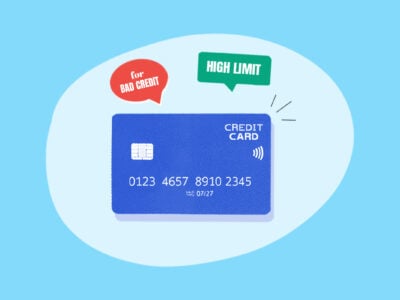Table of Contents
Lenders can choose whether they report information to the credit bureaus, which bureaus they report to, and what information they report.
What and when credit cards report to the credit bureaus is an important part of building credit, as the information given is used to update your credit report and corresponding credit score.
Does Chase report to the 3 major credit bureaus?
Yes, Chase reports to the three major credit bureaus:
- Equifax
- Experian
- TransUnion
When does Chase report to the credit bureaus?
Chase reports to the credit bureaus on your credit card’s statement closing date.
Your statement closing date is the final day of your credit card billing cycle. To find your statement closing date, you can:
- Check your credit card statement.
- View your billing cycle information in your online account.
- Call the number on the back of your credit card and ask a customer service representative.
How often does Chase report to the credit bureaus?
Chase reports to the credit bureaus every 28–31 days.
What information does Chase report to the credit bureaus?
Chase reports the following details to the credit bureaus:
- Account status
- Account balance
- Payment history
How to view your credit report
Chase does not offer cardholders free credit reports. However, you can check your credit score anytime, for free, through Chase Credit Journey.
How to build credit with a Chase credit card
Because Chase reports to all three major credit bureaus, you can use your credit card to build credit and improve your credit score.
To build credit with your Chase credit card:
- Use your card regularly: Using your Chase card responsibly each month gives Chase positive marks to report to the credit bureaus. If you have a low credit limit or worry about being able to pay your credit card bill, charge a small recurring purchase to the card (like your Netflix or Amazon subscription).
- Use less than 30% of your credit limit: An important factor in determining your credit score is your credit utilization rate, which is how much of your total credit you’re using. You want this number low, so try to only use less than 30% of your credit limit, or less than 10% for an even better rate.
- Pay your bill on time: The most important part of building credit and raising your credit score is making on-time payments to your Chase account. When you pay your credit card bill also matters if you’re trying to raise your score. Pay your credit card bill in full by the due date, and pay down most of it by the statement closing date (since that’s when Chase reports your account standing) to maximize positive reporting.
- Keep your account open: The length of your credit history also contributes to your credit score, so keep your Chase credit card account open to increase your average credit age.






